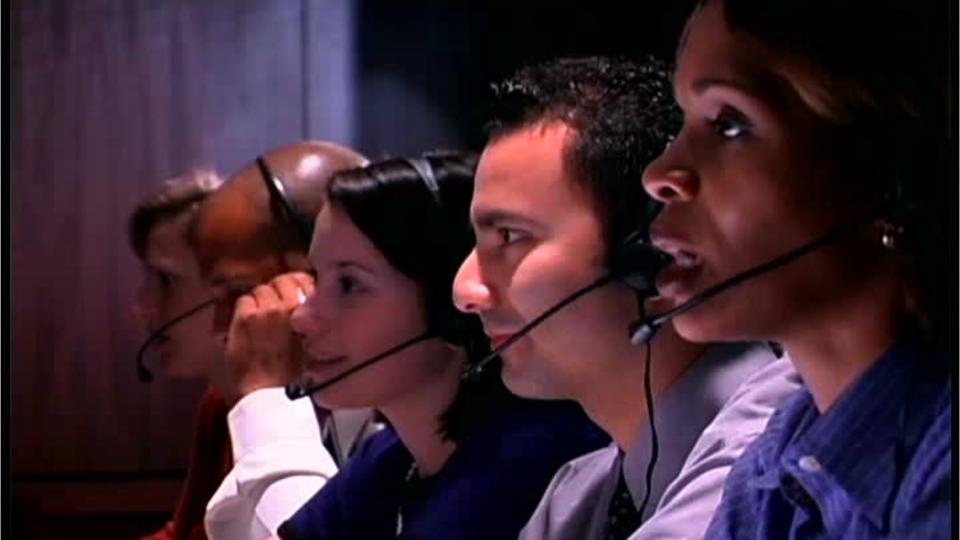Telephone Operators
411 Directory Assistance Operator (411 Directory Assistance Op), Directory Assistance Operator (Directory Assistance Op), Phone Operator (Telephone Operator), TELECOM Op (Telecommunications Operator)
What they do:
Provide information by accessing alphabetical, geographical, or other directories. Assist customers with special billing requests, such as charges to a third party and credits or refunds for incorrectly dialed numbers or bad connections. May handle emergency calls and assist children or people with physical disabilities to make telephone calls.
On the job, you would:
- Observe signal lights on switchboards, and dial or press buttons to make connections.
- Operate telephone switchboards and systems to advance and complete connections, including those for local, long distance, pay telephone, mobile, person-to-person, and emergency calls.
- Listen to customer requests, referring to alphabetical or geographical directories to answer questions and provide telephone information.
Knowledge
Business
- customer service
- administrative services
Communications
- telecommunications
Arts and Humanities
- English language
Engineering and Technology
- computers and electronics
Skills
Basic Skills
- listening to others, not interrupting, and asking good questions
- talking to others
Problem Solving
- noticing a problem and figuring out the best way to solve it
Abilities
Verbal
- communicate by speaking
- listen and understand what people say
Hearing and Speech
- recognize spoken words
- speak clearly
Personality
People interested in this work like activities that include data, detail, and regular routines.
They do well at jobs that need:
- Cooperation
- Dependability
- Attention to Detail
- Self-Control
- Social Orientation
- Stress Tolerance
Technology
You might use software like this on the job:
Operating system software
- Handheld computer device software
- Microsoft Windows
Presentation software
- Microsoft PowerPoint
Spreadsheet software
- Microsoft Excel
Education
Education: (rated 2 of 5)
high school diploma/GED
usually needed
usually needed
Get started on your career:
Find Licenses
Apprenticeship.gov
Job Outlook
Below Average
New job opportunities are less likely in the future.
Explore More
- Customer Service Representatives
- Office Clerks, General
- Receptionists & Information Clerks
- Switchboard Operators, Including Answering Service
- Telemarketers
You might like a career in one of these industries:
See more details at O*NET OnLine about Telephone Operators.





